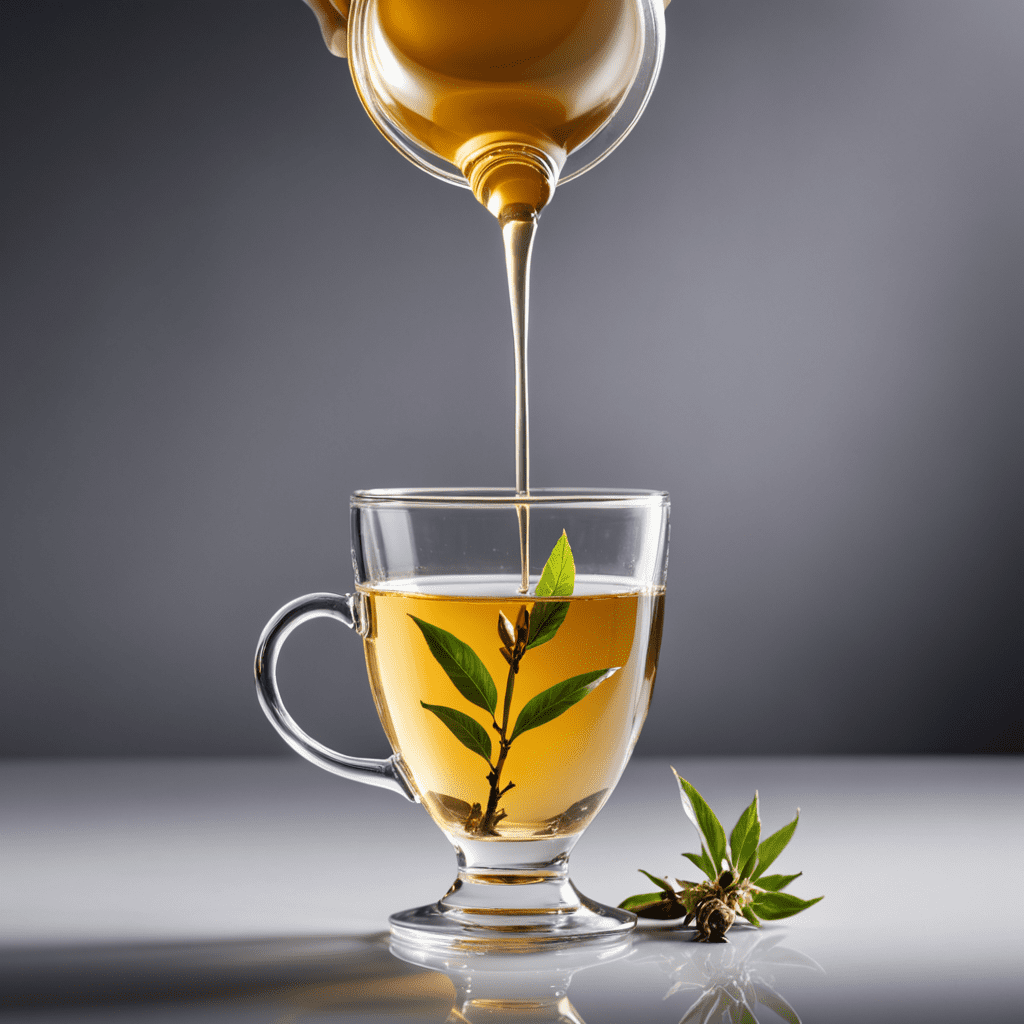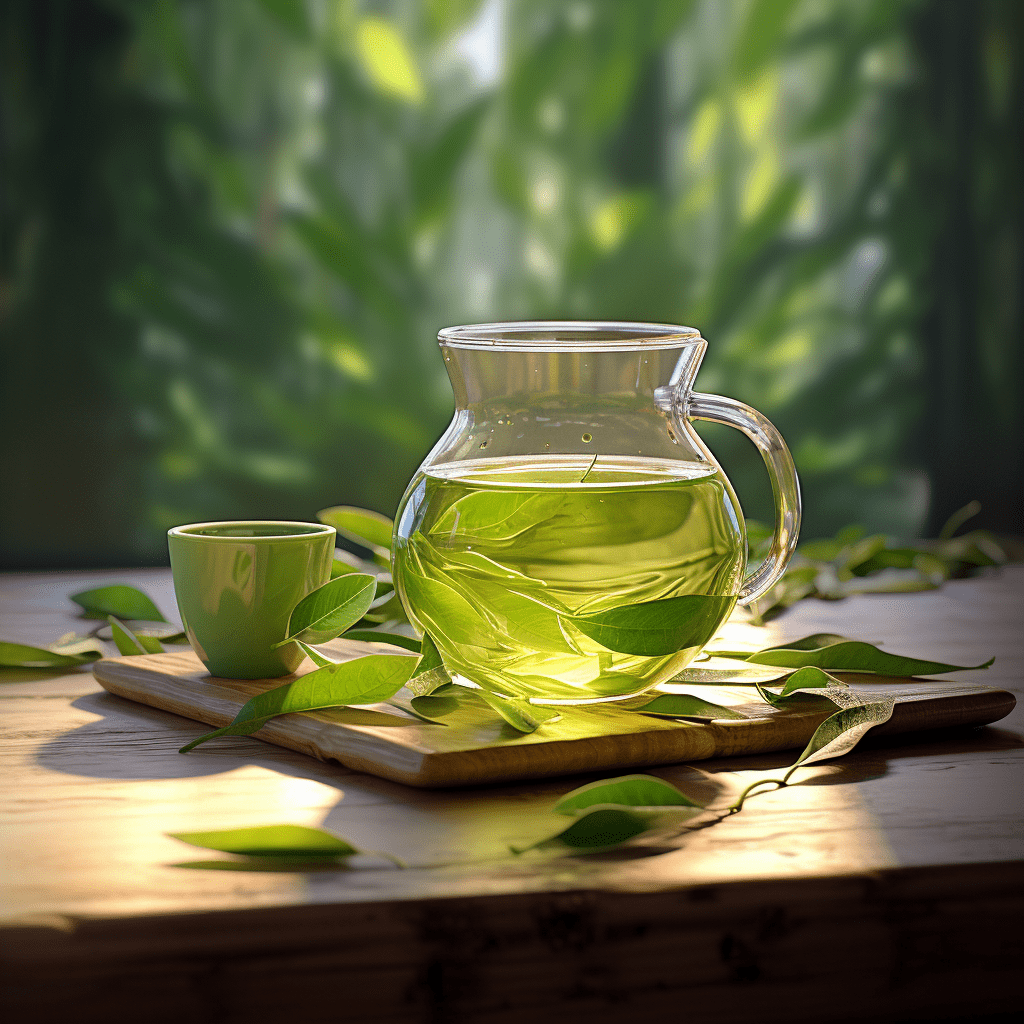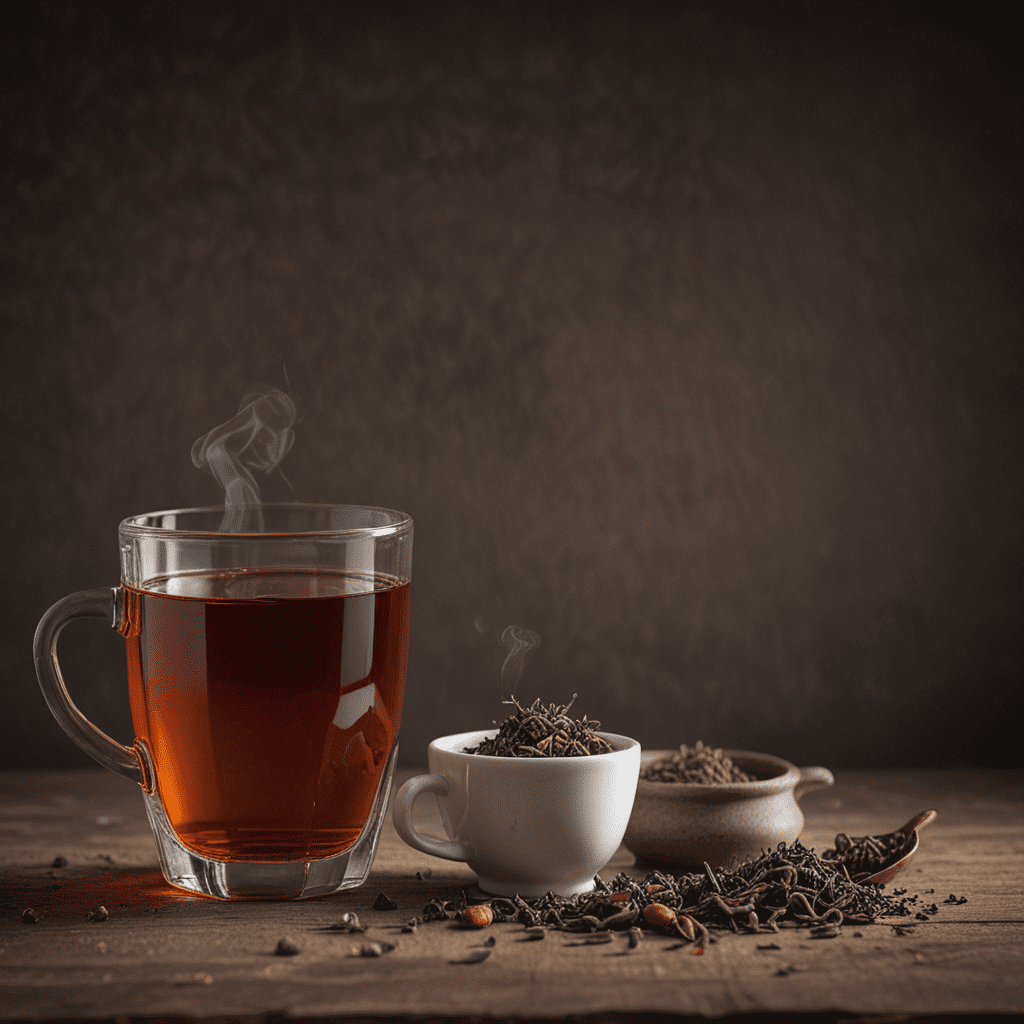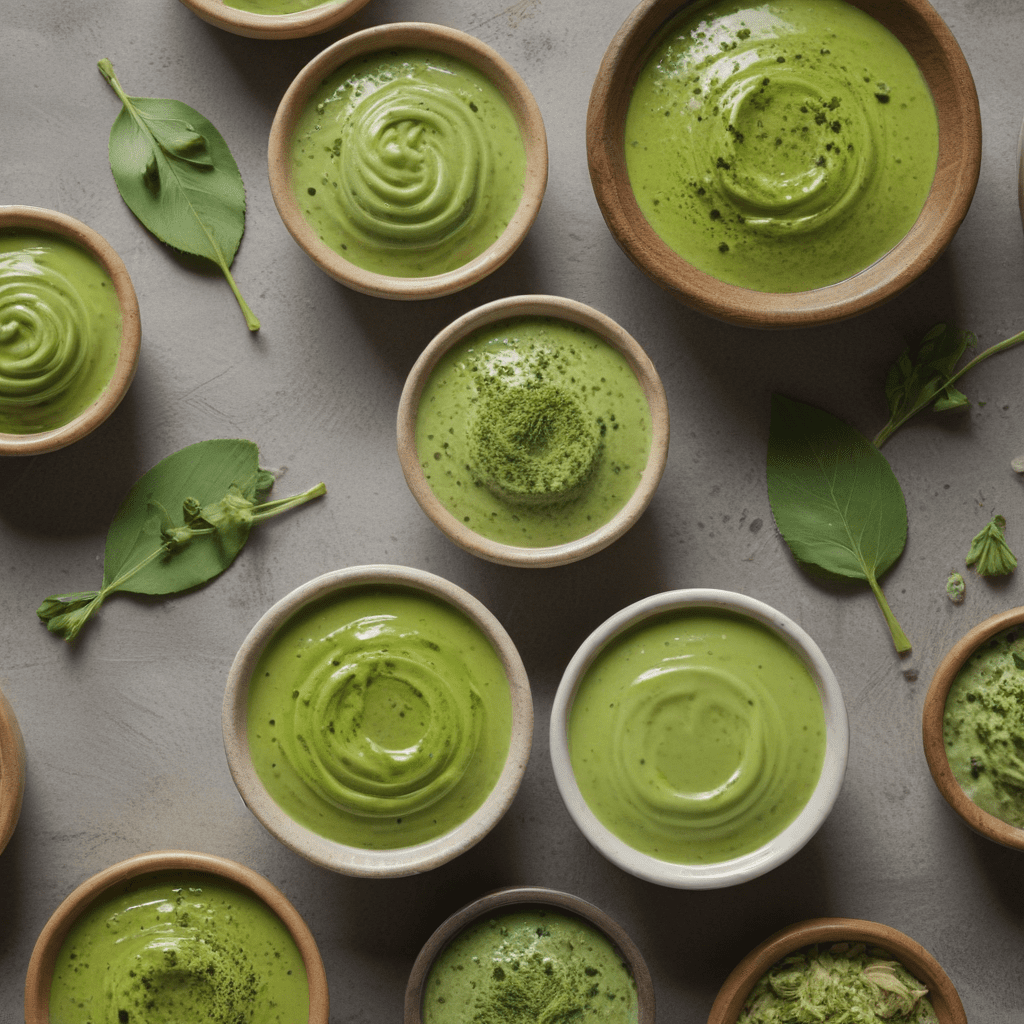White Tea: The Elegance in Every Sip
White tea is often revered for its delicate flavor and numerous health benefits. With its subtle taste and elegant aroma, it has become a favorite among tea enthusiasts. Let’s explore the fascinating world of white tea, its history, production, health benefits, and how to brew the perfect cup.
The History of White Tea
White tea has a rich history dating back to ancient China during the Song Dynasty. It was reserved for the imperial court and was highly prized for its rarity and delicate flavor. Traditionally, white tea was made from the youngest leaves and buds of the tea plant, carefully harvested and minimally processed to preserve its natural qualities.
Production Process
Unlike other types of tea, white tea undergoes minimal processing. The leaves are simply withered and dried, allowing them to retain more of their natural nutrients and antioxidants. The delicate nature of white tea leaves requires expert handling and precision during production, contributing to its unique flavor profile and elegant aroma.
Health Benefits
White tea is celebrated for its numerous health benefits. Packed with antioxidants and polyphenols, it offers a range of advantages, including boosting the immune system, promoting healthy skin, and aiding in weight management. Studies also suggest that white tea may have potential anti-inflammatory and anti-aging properties.
Flavor Profile
White tea is known for its subtle and nuanced flavor, often described as floral, sweet, and light. Its brew yields a pale golden hue, and its delicate taste makes it a delightful choice for those seeking a milder alternative to other types of tea.
Brewing the Perfect Cup
To fully appreciate the elegance of white tea, it’s essential to brew it correctly. Use water that is just below boiling to avoid burning the delicate leaves. Steep the leaves for 2-3 minutes to allow the flavors to unfold gently. This gentle brewing process ensures a delightful and refined tea experience.
Pairing with White Tea
White tea’s subtle flavors make it a versatile beverage that pairs well with a variety of foods. It complements light and delicate flavors such as fruits, pastries, and mild cheeses. Its gentle profile makes it an ideal choice for afternoon tea or as an accompaniment to a light meal.
Exploring White Tea Varieties
There are several varieties of white tea, each with its own unique characteristics. Silver Needle, White Peony, and Long Life Eyebrow are among the most popular varieties, each offering a distinct flavor and aroma. Exploring these varieties allows tea enthusiasts to fully appreciate the diversity and elegance of white tea.
White tea, with its nuanced flavors and rich history, embodies elegance in every sip. Whether enjoyed for its health benefits or simply for its delicate taste, white tea continues to captivate tea lovers around the world, offering a truly refined tea-drinking experience.
FAQ About White Tea
What is White Tea?
White tea is a delicate and smooth type of tea made from the young leaves and buds of the Camellia sinensis plant. It undergoes minimal processing, allowing the leaves to retain their natural flavor and high levels of antioxidants.
How is White Tea Different from Other Teas?
White tea is distinct from other types of tea due to its minimal processing. Unlike green, black, or oolong teas, white tea undergoes minimal oxidation and retains a subtle, almost sweet flavor profile.
What are the Health Benefits of White Tea?
White tea is rich in antioxidants which may help promote overall health. It is believed to support heart health, aid in weight loss, and contribute to skin health due to its potential anti-aging properties.
How is White Tea Brewed?
To brew white tea, use water that is around 180°F (82°C) and steep the leaves for 2-3 minutes. The delicate nature of white tea leaves requires careful attention to avoid bitterness.
What Does White Tea Taste Like?
White tea generally has a light, subtle flavor with sweet and floral undertones. It lacks the grassy or vegetal notes often found in green tea and the boldness of black tea.
Is White Tea Caffeinated?



